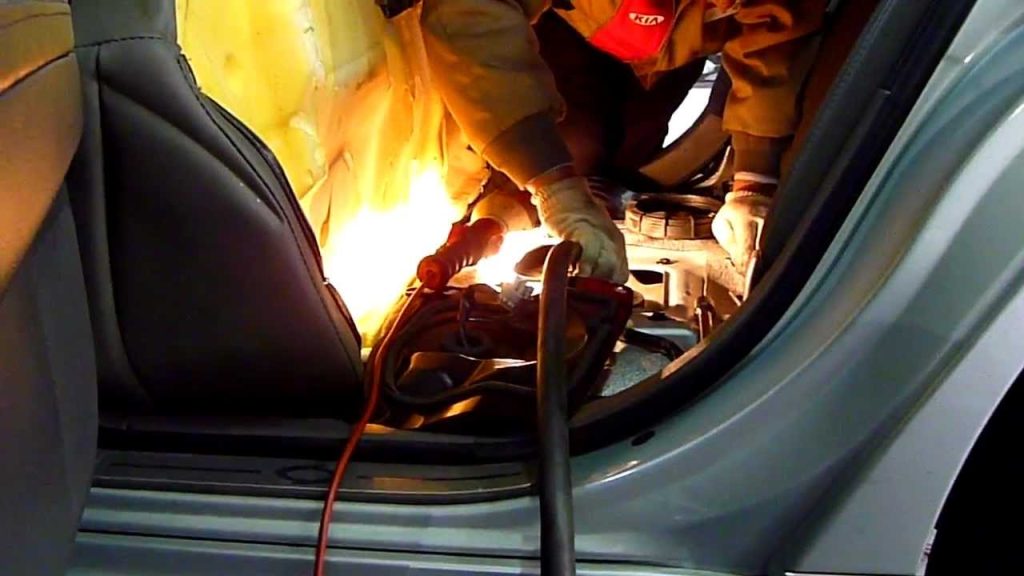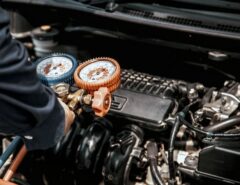Diesel and gasoline are two types of fuels that engines use. Usually these machines, like cars, can take either type of fuel. However it is very important you put the correct type in the tank. Putting diesel in a gas car or vice versa can cause problems and damage your vehicle.
What happens if you put diesel in a gas car?

Diesel and gasoline have two very different functions when they are being used in a car. Gasoline is a lot more flammable than diesel, but both fuels do burn for different reasons. Gasoline is a liquid produced from petroleum and creates a mist of fuel when it’s burned by the engine in your car. The mist allows for easy ignition and helps to speed up the engine.
Diesel, on the other hand is a type of fuel that comes from crude oil pumped out of oil rigs all over the world. Diesel has a high flash point which means it doesn’t create mist when it’s burned in your car. The reason diesel engines don’t have spark plugs like gasoline engines do is because of the high flash point.
Diesel has a very high cetane rating which means it ignites very quickly when it’s injected into your car’s engine. And that rapid ignition is why diesel engines don’t need spark plugs, like gasoline engines do.
Clog up fuel filter
Putting diesel into a gasoline engine or vice versa can cause serious damage to your vehicle. The problem is that they are two different types of fuel and one fuel isn’t designed to mix with the other. If you put diesel in a gas car or vice versa, it will cause problems with the machine’s timing systems.
You may not notice this problem right away, but you will certainly notice it when your car stalls out while you’re driving along the road. And that means it’s time to get your vehicle towed into a repair shop or take it in for an expensive engine overhaul.
One of the most typical problems is that putting diesel in a gas car can clog up fuel filters and fuel injectors. This can cause a complete engine stall and all sorts of problems inside your vehicle’s engine compartment.
Not only that, but putting diesel fuel in a gas car will void the manufacturer’s warranty on most vehicles. So if you have an older car with high mileage on it or a brand new model, filling up the wrong tank could end up costing you a lot in repairs.
Gas vs Diesel
Gasoline is a lot more flammable than diesel, but both fuels do burn for different reasons. Gasoline is a liquid produced from petroleum and creates a mist of fuel when it’s burned by the engine in your car. The mist allows for easy ignition and helps to speed up the engine.
Diesel, on the other hand is a type of fuel that comes from crude oil pumped out of oil rigs all over the world. Diesel has a high flash point which means it doesn’t create mist when it’s burned in your car.
The reason diesel engines don’t have spark plugs like gasoline engines do is because of the high flash point. Diesel has a very high cetane rating which means it ignites very quickly when it’s injected into your car’s engine. And that rapid ignition is why diesel engines don’t need spark plugs, like gasoline engines do.





Leave a Reply